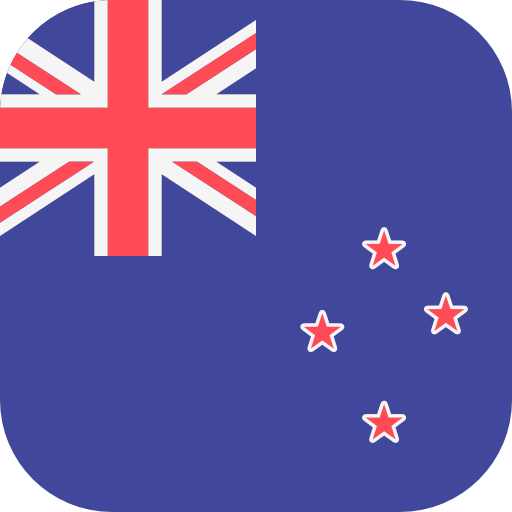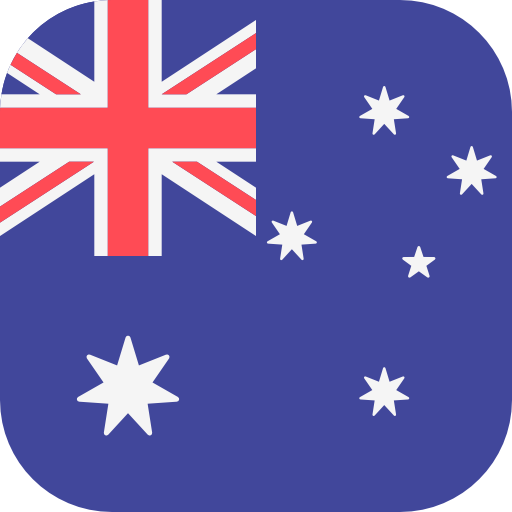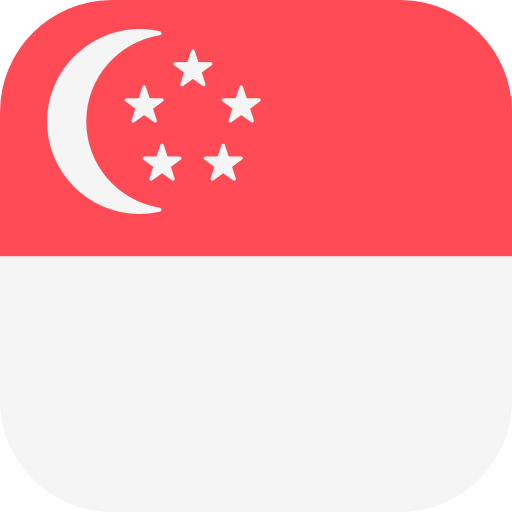Belonging at Beca
Diversity & InclusionAt Beca, we know that the more diverse we are in our thinking and experiences, the better our ideas, strategies, collaboration and solutions. We recognise that inclusion underpins our ability to create and innovate, enabling us to provide greater value to our clients and our communities.
For Ben Hume, Manager Tauranga/Hamilton Building Services, and Hamish Denize, Technical Director of Fire Engineering; planning, developing, and taking our award-winning Central North Island fire team forward into the future meant prioritising and enabling creative ways of thinking, collaboration and problem-solving. Part and parcel of this approach was recognition of the need to bring together a team from a wide range of backgrounds, interests, approaches and experiences.
In this Q&A with Ben and Fire Engineers; Priya Parag (in Tauranga) and Dushyant Parmar (in Hamilton), we discuss what diversity and inclusion means to them, and the many ways they see it helping make everyday better.
To set the scene a little bit, could you describe what the Central North Island Fire Team might do on a typical day?
Ben Hume - From a fundamentals point of view, we work with clients, councils, architects, engineers, and contractors to make sure buildings are safe for people in the event of a fire. The bit that differentiates us from our competitors is we look for and create solutions that are safe, forward thinking and work for the situation and community, rather than just the minimum code or standards.
Priya Parag - This might sound like a pre-written marketing spiel, but we really do care. We find solutions that are not only safe but are also practical and buildable. We take this approach whether we are looking at railway tunnels, hospitals, or kiwifruit packhouses.
What comes to mind when you think about diversity and inclusion within the team?
Dushyant Parmar - Diversity to me is that when coming into work, someone shouldn’t have to wonder if they would have been treated any differently if they were a different gender, or skin colour. People should feel accepted for who they are. It's also about having the culture and relationships with an openness and willingness to communicate, and fostering an atmosphere of understanding and accountability on all sides.
Priya - My favourite part of the diversity in our team is their thoughts and experience. Having a team where everyone feels included and where we really incorporate each other’s ideas. Everyone has their own stories and it is important to listen and learn from each other. Being able to be open and honest with the team is kind of the best part about it all. It makes life a little easier and a lot less stressful than it could otherwise be!
Ben - Diversity of thought is hugely important, together with an openness to accept others and explore different approaches. A lot of what we do is communication and so diversity of communication is also really valuable. Sometimes it’s not about having the most senior person in the room at the meeting, it’s about having the person with the most appropriate communication style for that client, project or situation.
What would you say are some of the biggest benefits of diversity and inclusion?
Ben - One of the biggest strengths of the team, to me, is that we have a really high level of trust. Team members are really supportive of one another and willing to go above and beyond as they know the other team members will do the same for them. From a team performance standpoint, when people feel trusted, included and valued, the whole team functions at a higher, more cohesive and collaborative level. You just need to look at the awards the team has achieved including “top 5 under 35 internationally”, “young achiever of the year BOP” and “most client-focused consulting engineer Australasia”, to see the benefits this approach has had.
Dushyant - To me the biggest things have been opportunities for growth, to show what you can do, and to be put into positions to excel. An example was a recent conference earlier this year, when myself and three others of a similar career level presented our ideas to a group of very senior technical disciplines. It was a chance to have our say, to give feedback, share ideas and also, to identify roles and positions we could aspire to have in future.
Priya - Something our team does well is understand each other’s strengths and weaknesses. If mistakes occur, rather than playing the blame game, we build on each other’s strengths and if we see there’s something another person is having a hard time with, we step in and offer to help or talk it through.
What further changes or opportunities would you like to see diversity bring into the workplace?
Priya - Being a female in engineering, one particular area I've struggled with is finding the right female mentor. And not just any female mentor but one that is right for me. The pool of senior females in engineering are still limited and so creating and maintaining an inclusive environment that everyone feels a part of will hopefully help to encourage this.
Ben - It’s easy to forget the value having visible, diverse and inclusive leaders can have on our team’s ability to connect and succeed. While it feels easier sometimes to work with similar minds, we are better when we challenge ourselves and our ideas. We do this well in Beca, but we can always do better and learn more. It’s up to all of us to push for this.
What advice would you have for new grads who are just starting out in their career?
Priya - Just ask. If you don't know, just ask. There will always be people who are willing to take the time to help you out. Everyone started out as a newbie with the same questions that you have at some point of time. Most people are open and friendly and willing to help.
Dushyant - Understand that there will be numerous opportunities, and people around you who you can go to and get guidance from when you need it. Don’t worry about making mistakes either, we all do it – when it happens to our team, we all file into a meeting room, identify the issue, and look at how we are going to fix it.
Ben - I think as well, if you ever find yourself exposed to behaviours that make you uncomfortable, or that limit your ability to bring your best self to work, then it's simply not acceptable. I know it can feel like a hard thing to do when you're a grad, but at any stage of your career, you should always feel comfortable in speaking up – whether to a manager, supervisor or a colleague. Diversity of thought and acceptance of difference makes us stronger and a better team.
Central North Island Fire Team: Pictured left-right: Hamish Denize, Kevin Weller, Angela Fearnley, Dushyant Parmar, Priya Parag and Ben Hume.
Diversity to me is that when coming into work, someone shouldn’t have to wonder if they would have been treated any differently if they were a different gender, or skin colour. People should feel accepted for who they are.
Dushyant Parmar
Fire Engineer
Something our team does well is understand each other’s strengths and weaknesses. If mistakes occur, rather than playing the blame game, we build on each other’s strengths and if we see there’s something another person is having a hard time with, we step in and offer to help or talk it through.
Priya Parag
Fire Engineer
 New Zealand
New Zealand
 Australia
Australia
 Singapore
Singapore
